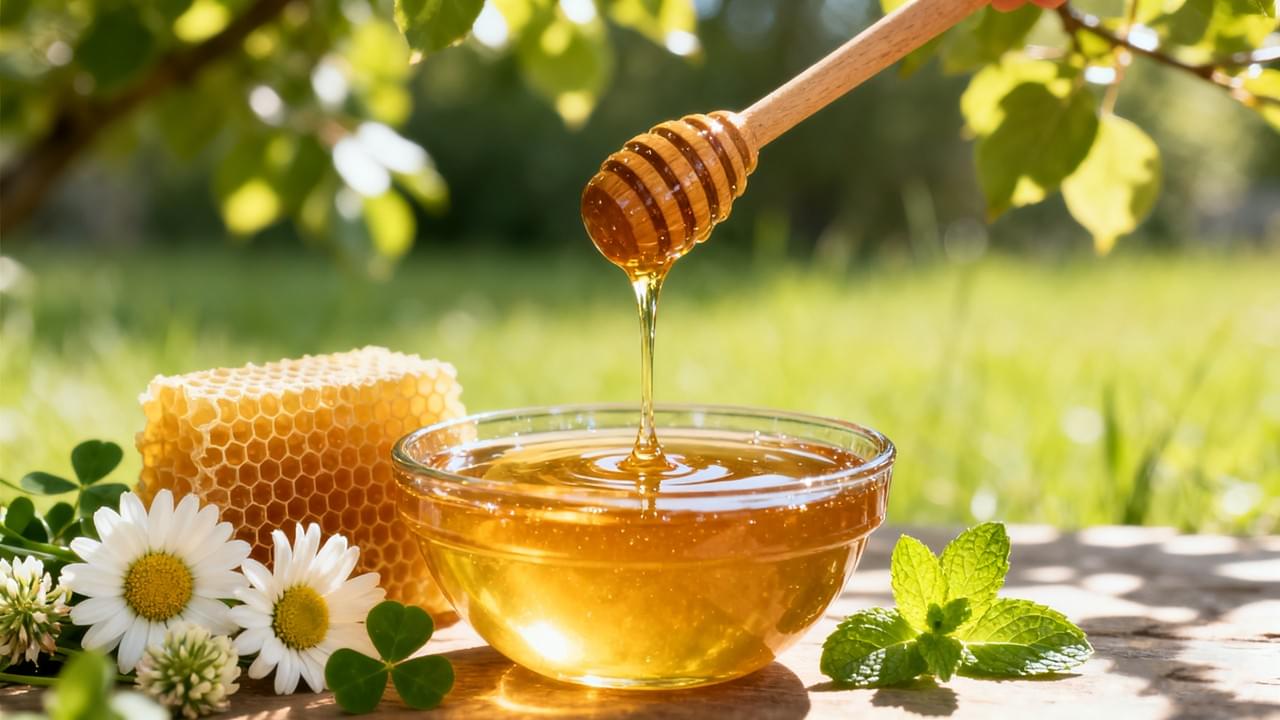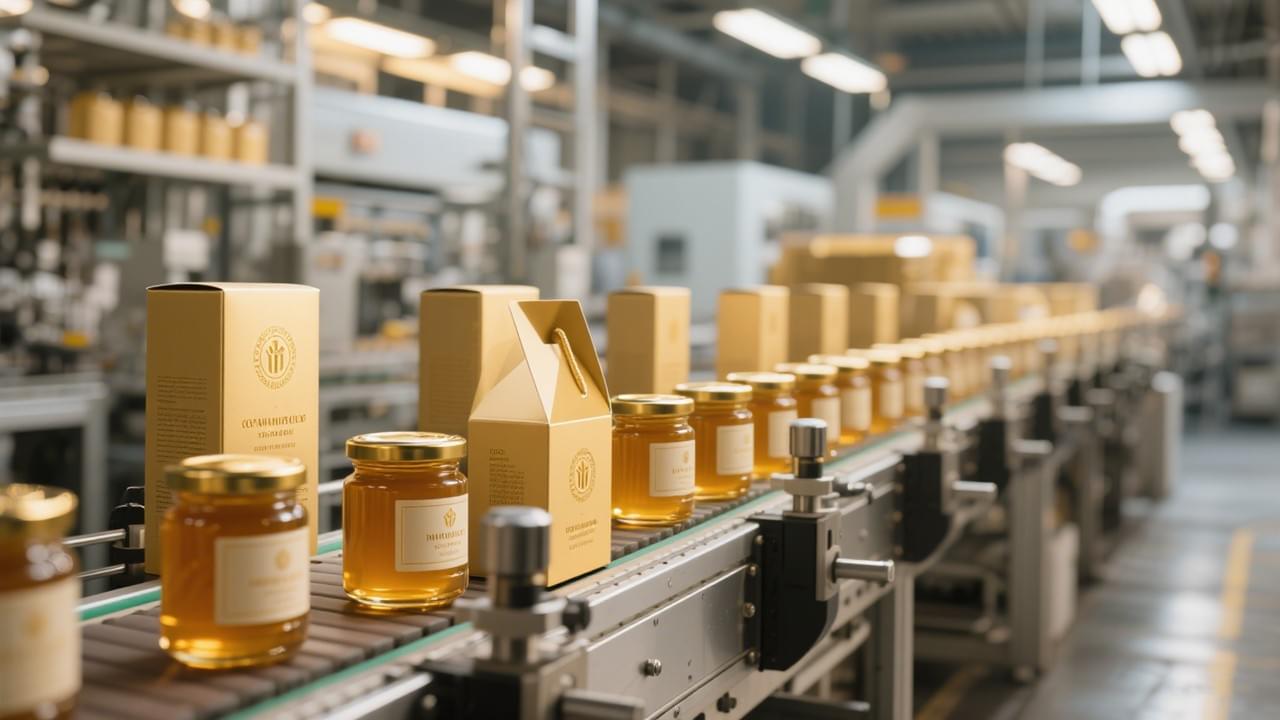Middle Eastern honey traditions are deeply rooted in history, faith, and health. For centuries, honey has been more than a sweetener—it has served as a sacred food, a symbol of hospitality, and a trusted medicine. From Quranic references to traditional Arabic medicine, honey remains central to wellness practices across the region. Today, science confirms what these cultures have long believed: honey offers profound benefits for immunity, digestion, and healing.
Honey in Middle Eastern Culture and Religion
Honey holds a unique spiritual and cultural role. The Quran calls honey “a healing for mankind,” making it both sacred and practical. Families commonly enjoy honey in tea, bread, and sweets, while it also plays a role in religious festivals and guest hospitality. Offering honey to visitors reflects honor, while gifting rare types like Sidr honey demonstrates care and respect.
Unique Varieties of Middle Eastern Honey
The Middle East produces some of the world’s most prized honeys:
- Sidr Honey from Yemen – Famous for its potency, Sidr honey is valued for Sidr honey health benefits such as antibacterial strength and immune support.
- Omani and Saudi Honeys – Known for unique floral notes and traditional medical uses.
- Wildflower Honeys – Seasonal blends capturing the biodiversity of desert and mountain flora.
These honeys are not just foods but natural remedies with a cultural identity.
Honey in Traditional Arabic Medicine
In Tibb an-Nabawi and honey in Arabic medicine, honey is prescribed for a range of conditions:
- Soothing the stomach and improving digestion.
- Healing burns and wounds due to antibacterial properties.
- Easing coughs, sore throats, and asthma when combined with herbs or black seed oil.
- Boosting vitality and endurance when taken regularly.
📌 Cultural Case Example: In Yemen, parents often mix Sidr honey with warm water for children’s coughs, while in Oman, honey is still applied to burns for faster healing.
Modern Science Confirms the Benefits
Research supports many of these traditional practices:
- Antioxidant effects – Protecting against free radical damage and supporting immunity.
- Antibacterial activity – Especially strong in Sidr honey, rivaling Manuka honey.
- Digestive health – Honey acts as a natural prebiotic, supporting gut balance.
- Skin care – Used in dermatology for soothing and healing purposes.
📌 Medical Case Applications:
- Wound Healing: A Saudi study showed Sidr honey accelerated recovery in diabetic ulcers.
- Respiratory Health: Egyptian trials found honey mixed with black seed oil improved asthma outcomes.
- Digestive Disorders: Jordanian research linked honey intake with reduced gastritis and ulcers caused by H. pylori.
- Surgical Care: Some hospitals now use honey-based gels to reduce infection and speed recovery.
Honey in Daily Life and Wellness Trends
In modern life, honey and wellness in the Middle East go hand in hand. People drizzle honey on dates, stir it into milk, or use it in natural skincare. Beyond food, honey is applied in hair masks, face treatments, and as an energy booster before fasting or prayer.
Globally, Sidr honey is gaining attention in the wellness industry. Health brands highlight its healing properties in supplements, while beauty companies use honey for natural skincare. This fusion of tradition and modern demand positions Middle Eastern honey as a premium product.
Commercial and Market Opportunities
The demand for Middle Eastern honey is rising globally. Premium varieties like Sidr honey are marketed as luxury wellness products, while wildflower honeys appeal to natural food lovers. Exporters can leverage cultural heritage and scientific research to strengthen brand storytelling. Food and beverage companies also use honey in energy bars, drinks, and functional supplements, aligning with consumer trends toward natural health solutions.
Honey in the Middle East is more than food—it embodies culture, faith, and healing. From the Quran to clinical studies, honey’s role in health has been consistently proven. Rare types like Sidr honey combine cultural prestige with medical value, making them sought-after treasures worldwide. By blending tradition with science, Middle Eastern honey offers powerful lessons for health, wellness, and global trade.






